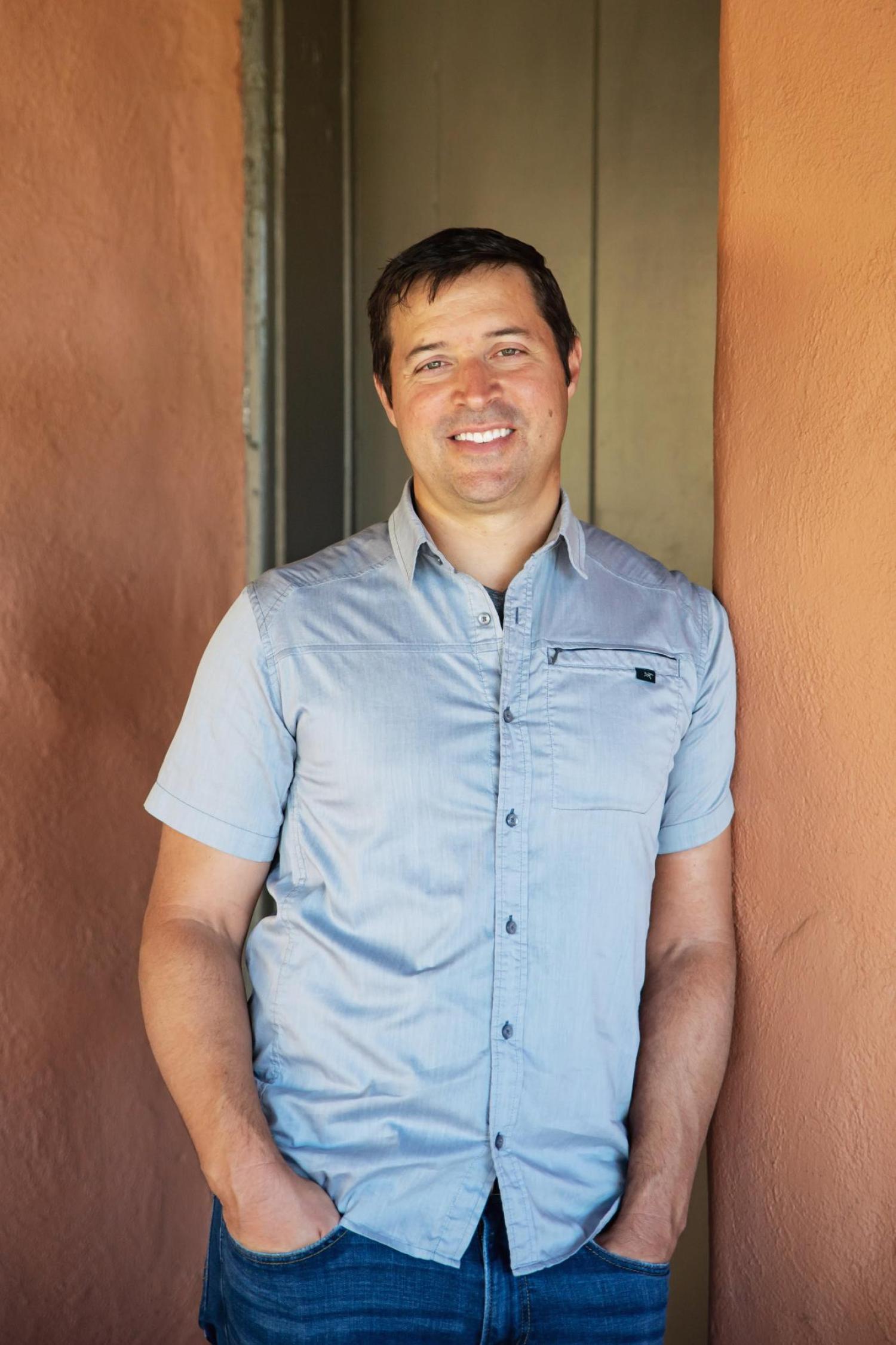Faculty profile: 'No shortage of interesting problems to solve'

- Faculty member:Daniel Walkes
- Affiliation: Lecturer in CU Boulder's professional master's program in embedded systems engineering
- Courses taught: ECEN 5713 Advanced Embedded Software Development
Tell us a little bit about your professional background.
I have a background in electrical engineering, with my undergraduate work at South Dakota State University. I graduated from CU with my master's in 2005. Since then, I've worked primarily on software for devices and at the boundary of hardware and software. Much of my work in the past 15 years has been on devices that use Linux as their operating system.
What’s your favorite part about teaching ESE classes?
Teaching has been a great challenge, and I've learned a lot in the process of creating and teaching this course. I think my favorite part is watching the progression of students through the course and what they are able to accomplish in a relatively short semester. It's a very humbling and rewarding experience.
What are some of the specific skills you teach that are important in industry?
My course covers some of the practical aspects of building production devices based on Linux, including software development in both user and kernel space, as well as tools to build custom Linux-based embedded device images. I strive to introduce some core concepts and to demystify some of the components of a Linux-based embedded system. My goal is to leave students better prepared for solving problems they will face in their careers, both through their own abilities and through the ability to reach out to their peers for help.
What impact do you hope your students have in the embedded systems industry or world?
I always tell students to find their passion and work on problems they find interesting. When you combine the bright minds students have with the passion and excitement associated with an interesting problem, the outcomes are truly astounding. There is no shortage of interesting problems to solve, and I'm encouraged by the number of capable engineers I've been fortunate to be introduced to as a part of my work at CU. They will no doubt spend their careers solving them! I'm humbled and honored to have a very small part in their professional development.

